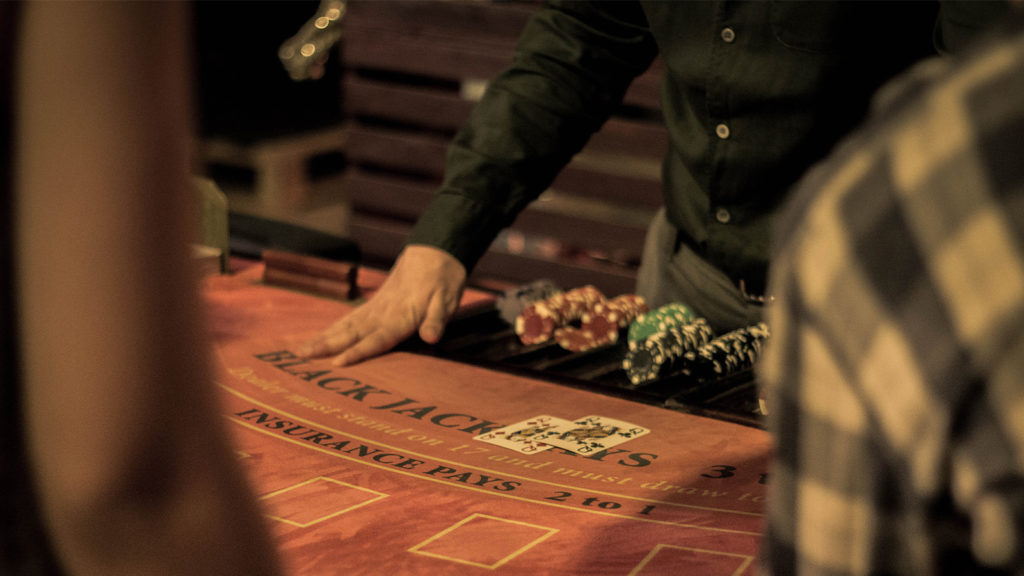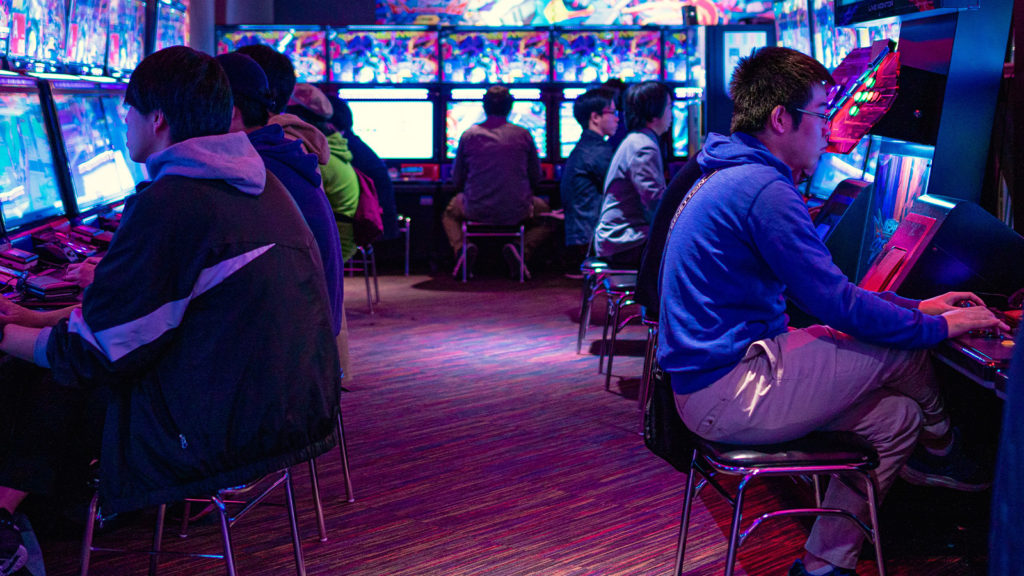Gambling has been a part of Twitch for over a decade, mainly in the form of poker events. There is a bit of an overlap between poker and gaming since it has an element of skill, so it made sense.
However, more chance-based forms of gambling, including dice games, roulette, and slots, became a trend among certain streamers on the platform in recent years, drawing interest from online casinos.
This culminated in mutually beneficial sponsorship deals in which online casinos would pay streamers ample amounts of money to gamble on stream, effectively making it a form of advertisement.
That’s where the debate about whether they should be allowed on the platform began, and after years of deliberation, Amazon finally banned them on Sep. 20.

Arguments for banning gambling on Twitch
Generally speaking, sponsored gambling streams are considered unethical for two reasons. First, they promote a potentially life-ruining hobby to adults, and second, it’s easy for children to be exposed to them on the platform.
Gambling addiction is a serious issue. According to NCRG, it affects one percent of adults and six to nine percent of young adults in the United States in some shape or form. It’s also often associated with an underlying mental illness.
Based on those facts alone, it’s easy to see why people don’t like the idea of sponsored gambling streams running rampant on Twitch. But, there’s another argument against it, too: People also claim it paints an unrealistic picture of how gambling really is in the sense not everyone who gambles is a millionaire streamer, let alone one a sponsor is paying to do it.
Streamers who have expressed some or all of these views include Asmongold, Hasan, Imane “Pokimane” Anys, Ludwig, Mizkif, Tyler “Ninja” Blevins, and more.

Arguments against banning gambling on Twitch
On the contrary, some people believe there’s nothing wrong with sponsored gambling streams as long as necessary precautions are put in place, such as showing disclaimer messages before and after a broadcast.
Trainwreck is a good example. He prides himself on being transparent about the harsh realities of gambling and has precautions in place on his channel. The polarizing star also thinks there are some conditions where streamers who host sponsored gambling streams do deserve a ban.
He summarized it nicely in a post on Twitter.
“Streamers and viewers who sell a false reality should be banned,” said Trainwreck via a tweet on Sep. 19, referring to the importance of being open about gambling with sponsored money.
“People who gatekeep giveaways through codes that require you to gamble should be banned [and] people who hide all losses and only show wins should be banned,” he added, describing these behaviors specifically as “predatory.”

The reason Twitch banned some gambling streams
Twitch has been keeping tabs on the issue for years. However, they never committed to a decision. As a result, pressure has mounted on them every time an incident tied to gambling streams popped up.
It happened again on Sep. 17 after ItsSliker confessed he scammed people to accrue more than $300,000 to fuel his gambling addiction, which affected a lot of people and sparked a hurricane of outrage.
This time though, things played out a little differently.
Twitch reached a verdict and decided to ban gambling sites that include dice games, roulette, and slots that aren’t licensed or provide consumer protection.
This includes some of the most popular online casinos, including Duelbits, Rollbit, Roobet, and Stake, the latter of which sponsors several streamers, including Adin Ross and Trainwreck. It doesn’t affect live poker, Dot Esports understands.
It’s important to note that these policy changes haven’t been enacted yet. They’ll be effective from Oct. 18 onwards. Twitch will provide more details in their community guidelines when the time comes. In the meantime, the debate between those who are for and against the decision is raging on.
If you have a gambling problem and need help, the National Council on Problem Gambling could be a helpful resource. You can go through their website or call the National Problem Gambling Helpline Network at 1-800-522-4700.
